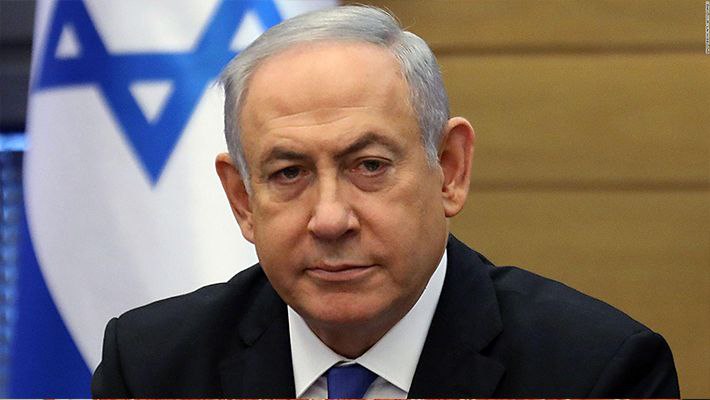
In a move highlighting heightened security concerns, the Israeli cabinet held a critical meeting at an undisclosed location following a recent attack on Prime Minister Benjamin Netanyahu’s residence. The exact nature of the attack remains unpublicized, but officials have stressed that there were no casualties and that the Prime Minister and his family are safe. The attack, however, has sparked significant alarm within Israel’s leadership and the public, prompting immediate government action to assess security protocols.
This emergency cabinet meeting comes amidst an already volatile period, with escalating tensions both internally and along Israel’s borders. Israel has been facing an increase in both regional and domestic pressures, and this latest incident has raised concerns over the stability of the nation’s security apparatus. Officials from Israel’s defense and intelligence sectors were reportedly present to provide assessments and recommend strategic responses.
While the cabinet’s meeting location was kept secret to ensure security, statements from government spokespeople suggest that plans to reinforce protection for high-level officials and critical infrastructures were high on the agenda. The cabinet also discussed potential responses to further threats and evaluated preventative measures to ensure public safety. This incident has underscored the importance of vigilance in safeguarding the nation’s leadership and the complexities Israel faces in navigating both internal and external security challenges.
The attack on Netanyahu’s residence has added another layer to the existing political and social dynamics in Israel, sparking debates on security priorities and the government’s preparedness for handling such threats. As details continue to emerge, Israelis await further information on the country’s response to ensure the safety and stability of its leaders and the broader population.




